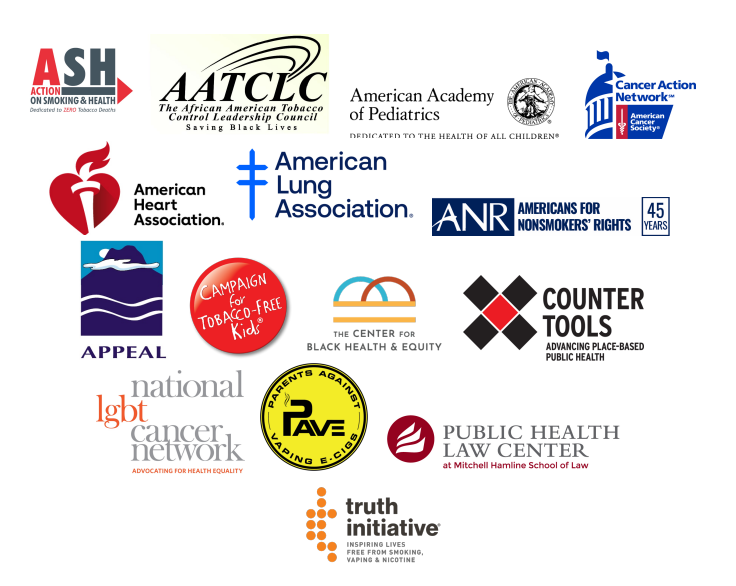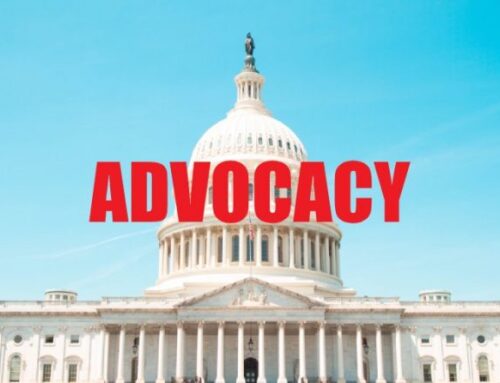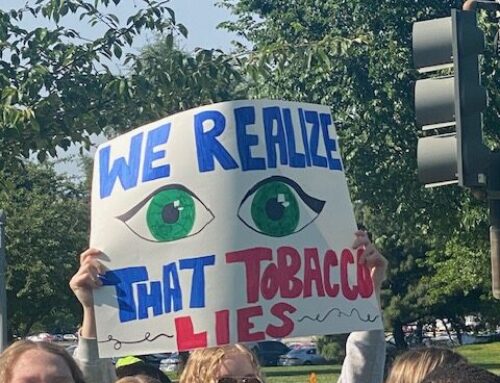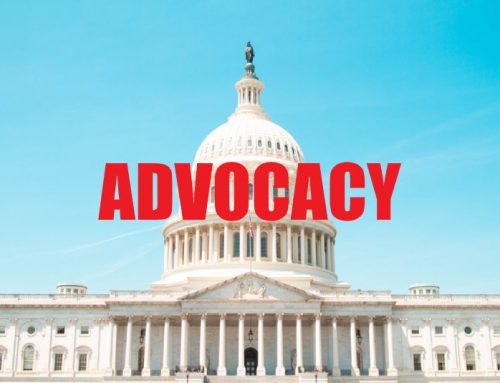Dear Dr. Califf:
The undersigned organizations write today to strongly oppose any extension of the comment period for the proposed rule removing menthol as a characterizing flavor. We note that the
Food and Drug Administration (FDA) has received several requests for an extension of the comment period from the tobacco industry. Our organizations note that such extension is not
in the interests of protecting the public health and urge that FDA deny any such requests.
As many of our organizations have noted in numerous communications to FDA spanning a decade, menthol cigarettes pose a serious threat to public health. They are a starter product for
youth, they contribute to smoking dependence, and they make it harder to quit. Further, they contribute to serious health disparities among many minority groups, especially African
Americans. Indeed, we know that menthol cigarettes have slowed the decline in smoking prevalence, and were responsible for 10.1 million extra smokers, and 378,000 premature
deaths from 1980-2018.[1] The African American community has borne a disproportionate burden from menthol cigarettes where they were responsible for 1.5 million new African American smokers and 157,000 premature African American deaths during that same time period.[2] Our country cannot afford to have menthol cigarettes on the market one more day and any extension of the public comment period leaves these deadly products on the market that much longer. Any extension of the public comment period is not appropriate for the protection of public health.
This is not a new issue to FDA. From the outset of FDA’s authority over tobacco products 13 years ago, removing menthol cigarettes from the market has been an issue that FDA has said it
was considering. FDA has opened two public dockets on the issue, it has received a report from its Tobacco Products Scientific Advisory Committee and has conducted at least two of its own
studies, most recently in 2021, titled “Scientific Review of the Effects of Menthol in Cigarettes on Tobacco Addiction: 1980-2021.”[3] Further, in 2013, FDA received a citizen petition from
several public health organizations, including many of the undersigned organizations, requesting action on removing menthol as a characterizing flavor from cigarettes, which
containing detailed information about the need for action. A supplement to that petition was submitted in 2021, updating that data. Each of these steps revealed the overwhelming
evidence that removing menthol cigarettes from the market would protect public health and that urgent action was needed. FDA’s own words in the proposed rule establish the strong
support for not delaying any further action to remove these products: “Prohibiting menthol as a characterizing flavor in cigarettes would help to decrease the nicotine addiction resulting from
menthol cigarette use, and thereby, decrease disease and death.”[4]
Due to the length of time that FDA has been studying this, and the fact that the public have had more than ample opportunity to comment on a product standard to remove menthol from
cigarettes, no further time on the public comment period for the proposed rule is needed. There can be no justification for any extension of the public comment period. Swift action is
needed to finalize this rule – lives are at stake.
Letter opposing extension of menthol cigarette comment period 5-25-22 (PDF)

1 Le TT, Mendez D. An estimation of the harm of menthol cigarettes in the United States from 1980 to 2018. Tob Control. 2021 Feb 25. https://pubmed.ncbi.nlm.nih.gov/33632809/
2 Mendez D, Le TT. Consequences of a match made in hell: the harm caused by menthol smoking to the African American population over 1980-2018. Tob Control. 2021 Sep 16. https://pubmed.ncbi.nlm.nih.gov/34535507/
3 * FDA. “Scientific Review of the Effects of Menthol in Cigarettes on Tobacco Addiction: 1980-2021.” Silver Spring, MD: HHS, FDA, Center for Tobacco Products, 2022. Available at https://www.fda.gov/media/157642/download
4 Tobacco Product Standard for Menthol in Cigarettes. Docket No. FDA-2021-N-1349. https://www.regulations.gov/document/FDA-2021-N-1349-0001





